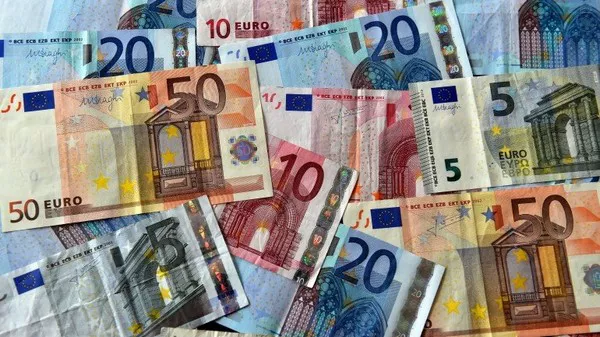In an increasingly globalized world, individuals often find themselves dealing with multiple currencies, raising questions about the flexibility of banking services. One common query is whether it is possible to deposit euros into a bank account. This article aims to provide a comprehensive guide on the matter, addressing the process, considerations, and potential implications.
Understanding Currency Deposits
Before delving into the specifics, it is essential to grasp the concept of currency deposits. In most cases, banks accept deposits in the local currency, making it convenient for account holders to manage their finances. However, with the rise of international transactions and travel, individuals may possess foreign currency, such as euros, and wish to deposit them into their accounts.
Bank Policies on Foreign Currency Deposits
The ability to deposit euros into a bank largely depends on the policies of the financial institution. While some banks readily accept foreign currency deposits, others may have restrictions or additional requirements. It is crucial for account holders to familiarize themselves with their bank’s policies to avoid any inconvenience or potential complications.
Research Your Bank’s Policies
To determine whether you can deposit euros into your bank account, start by thoroughly researching your bank’s policies. Most major banks have dedicated sections on their websites or customer service representatives who can provide information on foreign currency deposits. Look for terms and conditions, fees, and any specific requirements related to depositing euros.
Contact Customer Service
If the information is not readily available online, reach out to your bank’s customer service for clarification. Customer service representatives can guide you through the process, explain any fees involved, and inform you of the documentation required. It’s essential to have a clear understanding of the procedures to ensure a smooth transaction.
Process of Depositing Euros
Once you have confirmed that your bank accepts foreign currency deposits, the next step is understanding the process. Depositing euros typically involves a few straightforward steps, but it’s essential to follow them accurately to avoid any complications.
Currency Conversion
In most cases, banks will convert your euros into the local currency of your account. The conversion rate may vary, and it’s important to be aware of any associated fees. Some banks offer competitive exchange rates, while others may charge a commission for the currency conversion.
Required Documentation
Banks often require specific documentation when depositing foreign currency. This may include a valid identification document, proof of residence, and details about the source of the foreign currency. Be prepared to provide this information to comply with regulatory requirements and ensure a smooth deposit process.
Considerations and Potential Implications
While depositing euros into a bank account may seem straightforward, there are several considerations and potential implications to keep in mind.
Exchange Rates and Fees
Banks may apply their exchange rates when converting euros into the local currency. It’s advisable to compare rates across different banks to ensure you receive a favorable conversion. Additionally, be aware of any fees associated with the currency conversion process, as these can impact the overall value of your deposit.
Regulatory Compliance
Banks adhere to strict regulatory standards, especially when dealing with foreign currency transactions. Ensuring compliance with these regulations is crucial to prevent any legal issues. Be transparent about the source of your euros and provide the necessary documentation to satisfy regulatory requirements.
Account Type Restrictions
Some banks may limit foreign currency deposits to specific account types. Before initiating the deposit, confirm that your account type allows for the acceptance of euros. If necessary, consider opening a multi-currency account that provides greater flexibility for handling various currencies.
See also Is Now a Good Time to Buy Euros?
Conclusion
In conclusion, depositing euros into a bank account is generally possible, but it requires careful consideration of your bank’s policies, the deposit process, and potential implications. Research your bank’s guidelines, communicate with customer service for clarity, and be prepared to provide the required documentation. Pay attention to exchange rates and fees to optimize the value of your deposit. By following these steps, you can navigate the process smoothly and make informed decisions regarding foreign currency deposits.


